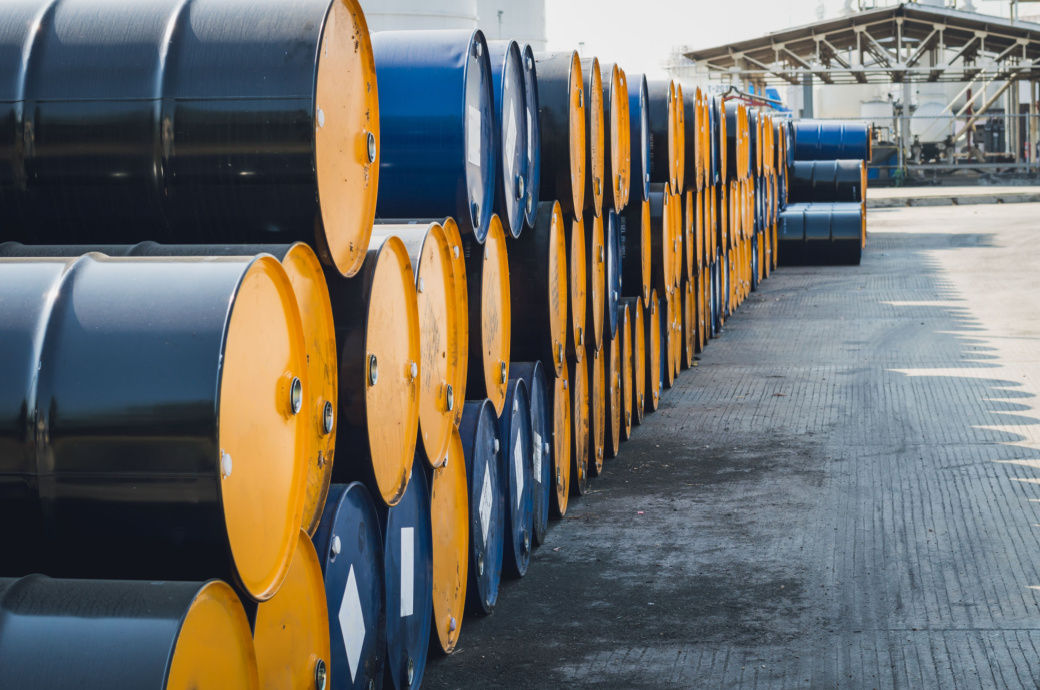
In addition, the plentiful availability of Russian crude at discounted prices—shunned by many Western countries—prompted refiners in leading consumers in Asia, such as India and China, to snap up as many shipments as possible, displacing multiple grades of African crudes.
"The widening Brent-Dubai spread, and high freight rates have dampened the attractiveness of Asia's import of African crudes to the region," said Lim Jit Yang, advisor for Asia-Pacific oil markets at S&P Global in a release.
"In addition, there is increased competition from European refiners as they cut back on Russian crudes for alternative crudes including African grades, which will likely continue as the EU's sanctions come into force by early December," he added.
With plentiful options to buy at attractive prices, Asia's biggest oil consumer China aggressively picked up shipments from diversified suppliers to take advantage of the widespread price volatility.
Its crude imports from Africa fell by a sharp 22.6 per cent year on year (YoY) to 1.06 million barrels/day (b/d) in the January-September period, data from China's General Administration of Customs (GAC) showed. As a result, the region's market share fell to 10.7 per cent in the nine-month period, from 13.2 per cent a year earlier.
The country's independent refineries were the main contributors towards the reduction in African volumes as they turned to more attractively priced crudes from not only Russia, but also cargoes from Iran and Venezuela, the press release said citing sources.
S&P Global data showed that the sector's crude imports from Angola dropped 59.4 per cent, or 160,000 b/d YoY to 109,000 b/d in the first nine months this year.
In comparison, China's total crude imports from the same African supplier fell by 155,000 b/d on the year to 630,000 b/d in the same nine-month period, the GAC data showed.
The growing share of Russian crudes in India's import basket, a tighter market structure, as well as increased volatility in freight markets pulled down the share of West African crudes over January-September 2021 from 12.5 per cent to 8.4 per cent in the same 2022 period, Shreyans Baid, senior oil analyst for South Asia at S&P Global, said.
"The future trend will depend on various factors including how the EU sanctions play out," Baid added.
South Korea's light sweet crude imports from Algeria in the first nine months fell by 8 per cent YoY to 5.87 million barrels, latest data from state-run Korea National Oil Corp showed. Asia's third biggest crude importer also saw condensate shipments from Equatorial Guinea drop 37 per cent YoY to 2.17 million barrels.
Meanwhile, Japan failed to purchase any Saharan Blend crude from Algeria in the third quarter, compared with around 1.2 million barrels of the light sweet crude imported in the same period a year earlier, data from the country’s ministry of economy, trade and industry showed.
As European refiners absorbed more US, North Sea and West African crudes to replace Russian Urals, South Korean and Japanese refiners are expected to depend more heavily on Middle Eastern supplies, S&P Global added.
Fibre2Fashion News Desk (DS)